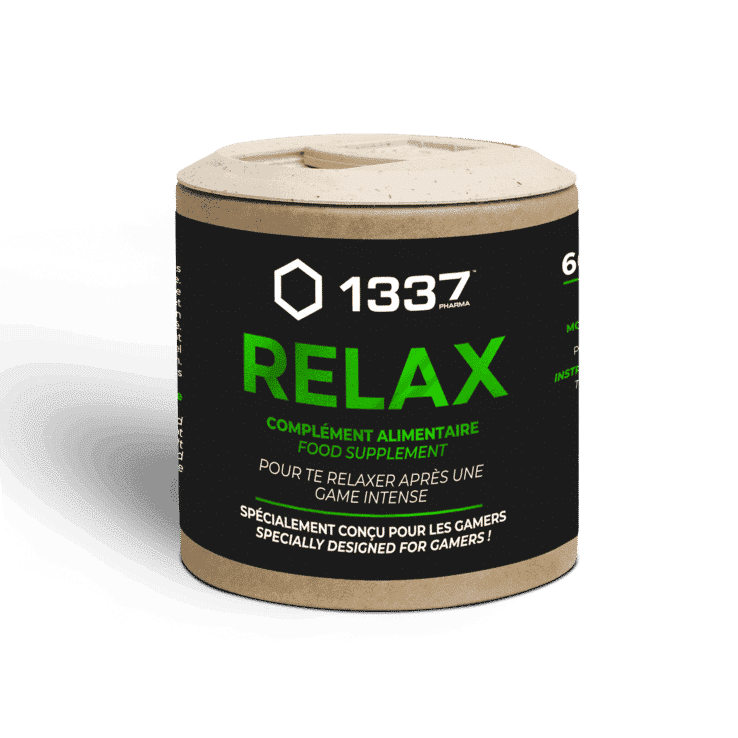RHODIOLA
Ingredient
What is Rhodiola?
Where does it come from?
Why is it used?
What are the benefits?
Bibliography
What is Rhodiola?
Rhodiola is a plant with roots considered adaptogenic. Simply put, it helps the body adapt to stress when consumed. Rhodiola is also known as arctic root or golden root. Its root contains over 140 active ingredients, the two most potent of which are rosavin and salidroside (Li et al., 2017).
People in Russia and Scandinavian countries have been using rhodiola as a remedy for centuries to treat
• Anxiety
• Tiredness
• The Depression
Today, it is widely used as a dietary supplement due to its health benefits.
Where does it come from?
Rhodiola is a plant that grows in the cold and mountainous regions of Europe and Asia.
Why is it used?
Adaptogens like Rhodiola rosea can increase your body’s resistance to stress, allowing you to better cope with times of stress. (Anghelescu et al., 2018; Cropley et al., 2015; Kasper & Dienel, 2017)
The adaptogenic nature of rhodiola makes it a popular supplement for combating fatigue and other symptoms associated with stress. (Lekomtseva et al., 2017)
Research has shown that rhodiola may help improve some symptoms of depression.
Like antidepressants, it can positively influence neurotransmitters that affect mood and emotions. (Mao et al., 2015)
Rhodiola has been shown to increase mental performance during times of mental stress and physical exertion. However, further research is needed to verify these results. (Ma et al., 2018; Meeusen, 2014; Palmeri et al., 2016; Zhuang et al., 2019)

Discover other plants used in our products
Bibliography
1. Anghelescu, I.-G., Edwards, D., Seifritz, E., & Kasper, S. (2018). Stress management and the role of Rhodiola rosea: A review. International Journal of Psychiatry in Clinical Practice, 22(4), 242-252.
https://doi.org/10.1080/13651501.2017.1417442
2. Cropley, M., Banks, AP, & Boyle, J. (2015). The Effects of Rhodiola rosea L. Extract on Anxiety, Stress, Cognition and Other Mood Symptoms. Phytotherapy Research: PTR, 29(12), 1934‐1939.
https://doi.org/10.1002/ptr.5486
3. Kasper, S., & Dienel, A. (2017). Multicenter, open-label, exploratory clinical trial with Rhodiola rosea extract in patients suffering from burnout symptoms. Neuropsychiatric Disease and Treatment, 13, 889-898. https://doi.org/10.2147/NDT.S120113
4. Lekomtseva, Y., Zhukova, I., & Wacker, A. (2017). Rhodiola rosea in Subjects with Prolonged or Chronic Fatigue Symptoms: Results of an Open-Label Clinical Trial. Complementary Medicine Research, 24(1), 46-52. https://doi.org/10.1159/000457918
5. Li, Y., Pham, V., Bui, M., Song, L., Wu, C., Walia, A., Uchio, E., Smith-Liu, F., & Zi, X. ( 2017). Rhodiola rosea L.: An herb with anti-stress, anti-aging, and immunostimulating properties for cancer chemoprevention. Current pharmacology reports, 3(6), 384-395. https://doi.org/10.1007/s40495-017-0106-1
6. Ma, G., Zheng, Q., Xu, M., Zhou, X., Lu, L., Li, Z., & Zheng, G.-Q. (2018). Rhodiola rosea L. Improves Learning and Memory Function: Preclinical Evidence and Possible Mechanisms. Frontiers in Pharmacology, 9, 1415. https://doi.org/10.3389/fphar.2018.01415
7. Mao, JJ, Xie, SX, Zee, J., Soeller, I., Li, QS, Rockwell, K., & Amsterdam, JD (2015). Rhodiola rosea versus sertraline for major depressive disorder: A randomized placebo-controlled trial. Phytomedicine, 22(3), 394-399. https://doi.org/10.1016/j.phymed.2015.01.010
8. Meeusen, R. (2014). Exercise, Nutrition and the Brain. Sports medicine (Auckland, NZ), 44(Suppl 1), 47‐56. https://doi.org/10.1007/s40279-014-0150-5
9. Palmeri, A., Mammana, L., Tropea, MR, Gulisano, W., & Puzzo, D. (2016). Salidroside, a Bioactive Compound of Rhodiola Rosea, Ameliorates Memory and Emotional Behavior in Adult Mice. Journal of Alzheimer’s disease : JAD, 52(1), 65-75. https://doi.org/10.3233/JAD-151159
10. Zhuang, W., Yue, L., Dang, X., Chen, F., Gong, Y., Lin, X., & Luo, Y. (2019). Rosenroot (Rhodiola): Potential Applications in Aging-related Diseases. Aging and Disease, 10(1), 134-146. https://doi.org/10.14336/AD.2018.0511

